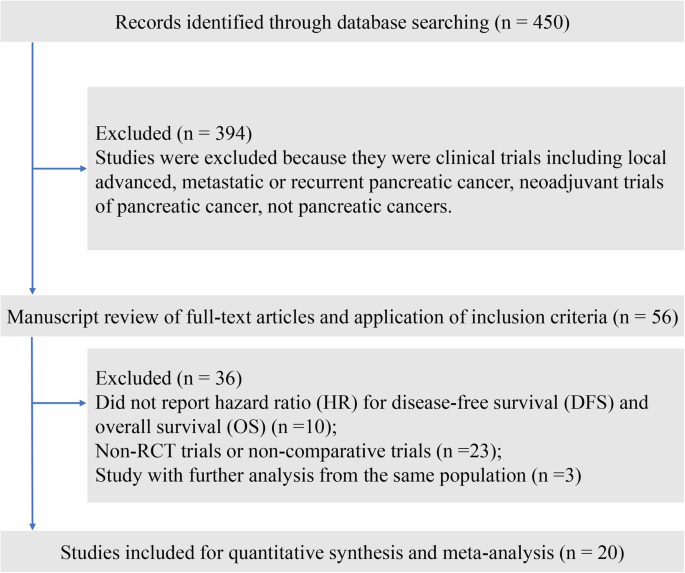
Nowadays, the field is advancing rapidly and data generated by clinical trials using these analyses will be fundamental to determine its effectiveness as a cancer-screening tool and monitoring. Even though ctDNA assays have clinical validity and utility in specific tumours in advanced stages, for the majority of the current assays, there is still not sufficient evidence to prove their clinical validity and utility, either in advanced tumours, in early stages of the disease or as a cancer-screening tool. Several studies have highlighted the significance of rigorous pre-analytical conditions to assess variability and integrity between samples to ensure high-quality molecular tests. However, for the routine clinical application of ctDNA/cfDNA analysis, the standardisation of pre- and post analysis must be further developed. These technologies and applications have been reviewed elsewhere. whole-exome or whole-genome sequencing), cancer personalised profiling by deep sequencing (CAPP-Seq) and tagged-amplicon deep sequencing (TAm-Seq). The foremost includes PCR, next-generation sequencing (NGS)-based approaches (i.e. Several methods have been used to quantify and detect tumour mutations in cfDNA/ctDNA. The feasibility to detect tumour-specific genomic alterations in cfDNA obtained from the plasma of cancer patients has been well documented. Analysis of cfDNA is becoming an important aid in the prognosis, identification of specific genomic alterations, selection of targeted therapies and to provide information regarding treatment efficacy over time. These clinical trials show promising results for the early detection of cancer and confirm cfDNA as a tool for real-time monitoring of acquired therapy resistance, accurate disease-progression surveillance and improvement of treatment, situations that result in a better quality of life and extended overall survival for cancer patients.Ĭirculating cell-free DNA (cfDNA) and the tumour-derived DNA fraction, circulating tumour DNA (ctDNA), can be analysed in the context of a liquid biopsy (LB). We identified 1370 clinical trials (FDA = 1129, EMA = 241) involving liquid-biopsy analysis in cancer.


Our query included clinical trials, including the terms ‘cfDNA’, ‘ctDNA’, ‘liquid biopsy’ AND ‘cancer OR neoplasm’ in the FDA and EMA public databases. In this paper, we review the current clinical trials involving cfDNA/ctDNA analysis and highlight those where it has been useful for patient stratification, treatment follow-up or development of novel approaches for early diagnosis.

In this regard, most cfDNA clinical applications are still limited to clinical trials, proving its value in several settings. Although its general methodological feasibility and usefulness has been demonstrated, several issues related to standardisation and technical validation must be addressed for its routine clinical application in cancer. Cell-free DNA (cfDNA) analysis represents a promising method for the diagnosis, treatment selection and clinical follow-up of cancer patients.


 0 kommentar(er)
0 kommentar(er)
